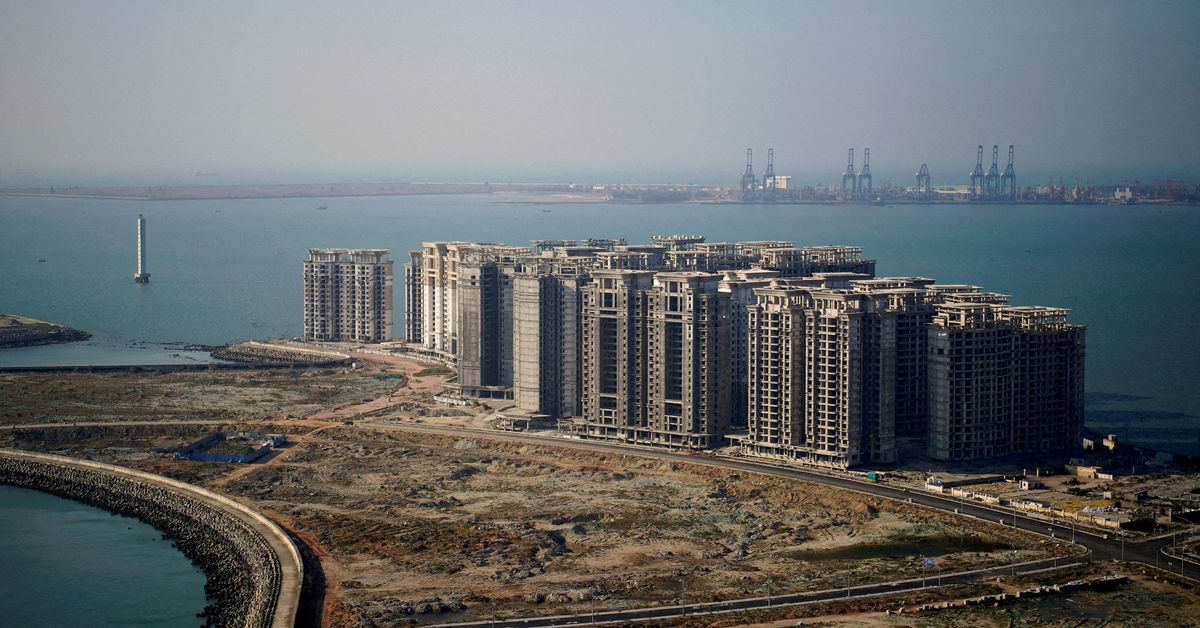- cross-posted to:
- [email protected]
- cross-posted to:
- [email protected]
China really pulled off a soft landing tbh
Somehow consumer demand is rising again despite the liquidity crunch
The growth rate is still lower than the pre-COVID years…
It’s a soft landing, not a soft takeoff
China had like 33% growth in exports in a single year during the pandemic. They had to normalize eventually.
Is that really weird? We live in a world of weakened impulse control. People consume to fill the void inside of them.
such as supporting the restructuring of distressed developers
IMF begs China to give payouts to irresponsible developers instead of taking them over and managing them better
This is the best summary I could come up with:
MARRAKECH, Morocco, Oct 13 (Reuters) - Hiroshi Wanatabe, Japan’s former top currency diplomat, recalls how Chinese policymakers eagerly studied ways to avert a Japan-style burst of an asset bubble that led to prolonged deflation and economic stagnation - until around 2015.
Inflation is stalling and its deepening real estate crisis was identified as among the biggest risks to global growth during the International Monetary Fund and World Bank meeting being held in Marrakech Oct. 9-15.
Some Japanese policymakers are voicing concern partly since a prolonged slump in Japan’s biggest trading partner will deal a huge blow to their export-reliant economy.
In its World Economic Outlook, the IMF cut China’s growth forecast for this year to 5.0% from 5.2% in April, and warned that its property sector crisis could deepen with global spillovers.
That contrasts with Japan, where slumping property prices left banks nationwide with a huge pile of bad loans, causing a broad-based credit crunch that prolonged the economic downturn.
For now, the IMF does not see a big risk of China sliding into deflation with inflation seen accelerating, backed by a recovery in demand, Krishna Srinivasan, director of the lender’s Asia and Pacific Department, told a briefing on Friday.
The original article contains 547 words, the summary contains 200 words. Saved 63%. I’m a bot and I’m open source!
I question if Japanese officials really know how to avoid it either. Their politics isn’t know for it’s hard-edged rationalism, and last I checked their economic growth stats are still shit.



